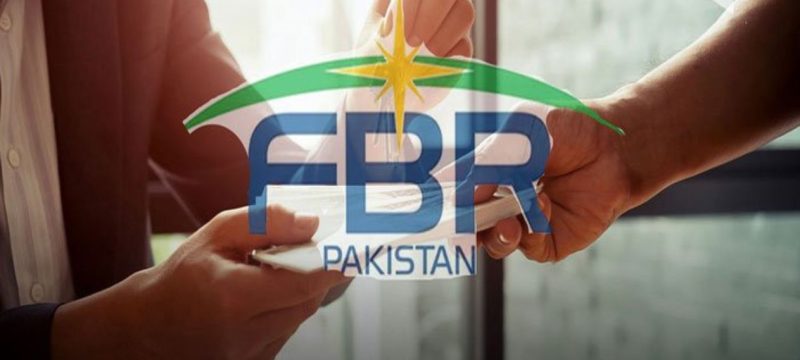ISLAMABAD: The Federal Board of Revenue (FBR) has introduced a new green tax to promote the use of electric vehicles (EVs) in Pakistan. This step aims to reduce the country’s dependence on fossil fuels and support a cleaner, more energy-efficient transport system.
The tax, officially known as the Energy Vehicle Adoption Levy, will apply to all locally manufactured, assembled, and imported vehicles that operate on traditional internal combustion engines (ICE). These include vehicles that use petrol and diesel.
FBR has issued a detailed notification outlining the new levy rates. The goal is to make electric and eco-friendly vehicles more affordable while discouraging the use of fuel-powered cars.
Under the new tax structure, vehicles are divided based on engine size. The lowest levy rate of 1% will apply to vehicles with an engine size of under 1300 cc. For locally assembled cars, this tax will be based on the full invoice price, including duties and taxes. For imported vehicles, the 1% levy will apply to the customs-assessed value.
Vehicles with engines between 1300cc and 1800cc will face a 2% levy. Again, the tax for local units will be based on the invoice value, while imported units will be taxed based on customs valuation.
For larger vehicles with engines above 1800 cc, a 3% levy will be charged. This rate will apply to both local and imported vehicles, making it the highest rate under the new policy.
FBR officials say this move is part of a larger plan to shift the country toward greener technologies. By making traditional fuel vehicles more expensive, the government aims to encourage more people to consider electric alternatives.
The tax is also designed to reduce emissions and mitigate the environmental impact of transportation in the long term.
This policy is viewed as a move toward modern, low-emission technologies that align with global environmental objectives. It reflects Pakistan’s effort to catch up with other countries, promoting EVs as part of their climate action plans.
With the introduction of this levy, experts believe the demand for electric vehicles in Pakistan is likely to rise, especially if further government incentives are provided.
Speaking on broader policy matters, Gandapur also addressed the ongoing agreement over the Senate seat with the opposition. Read more here.









